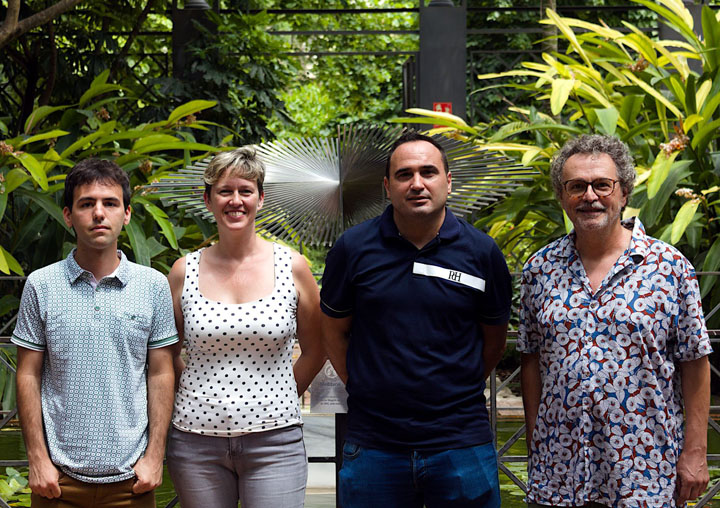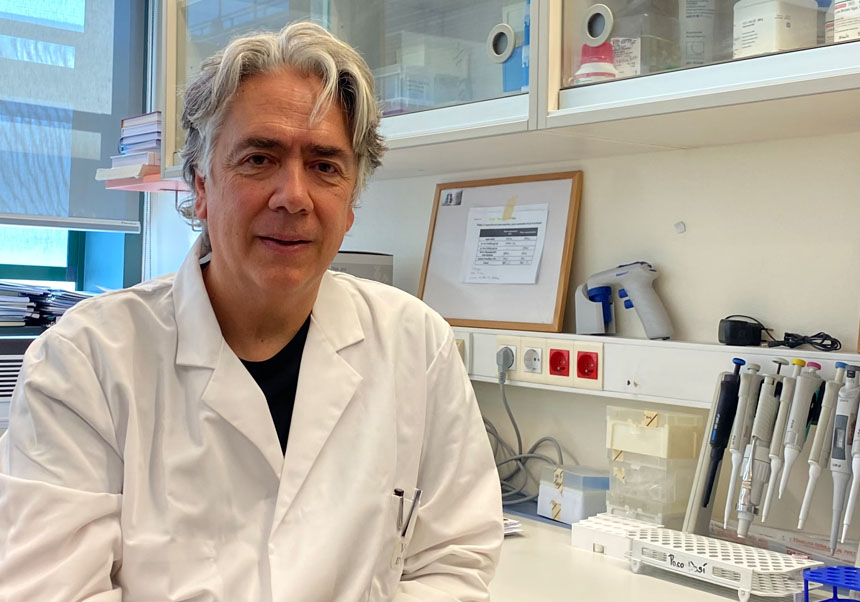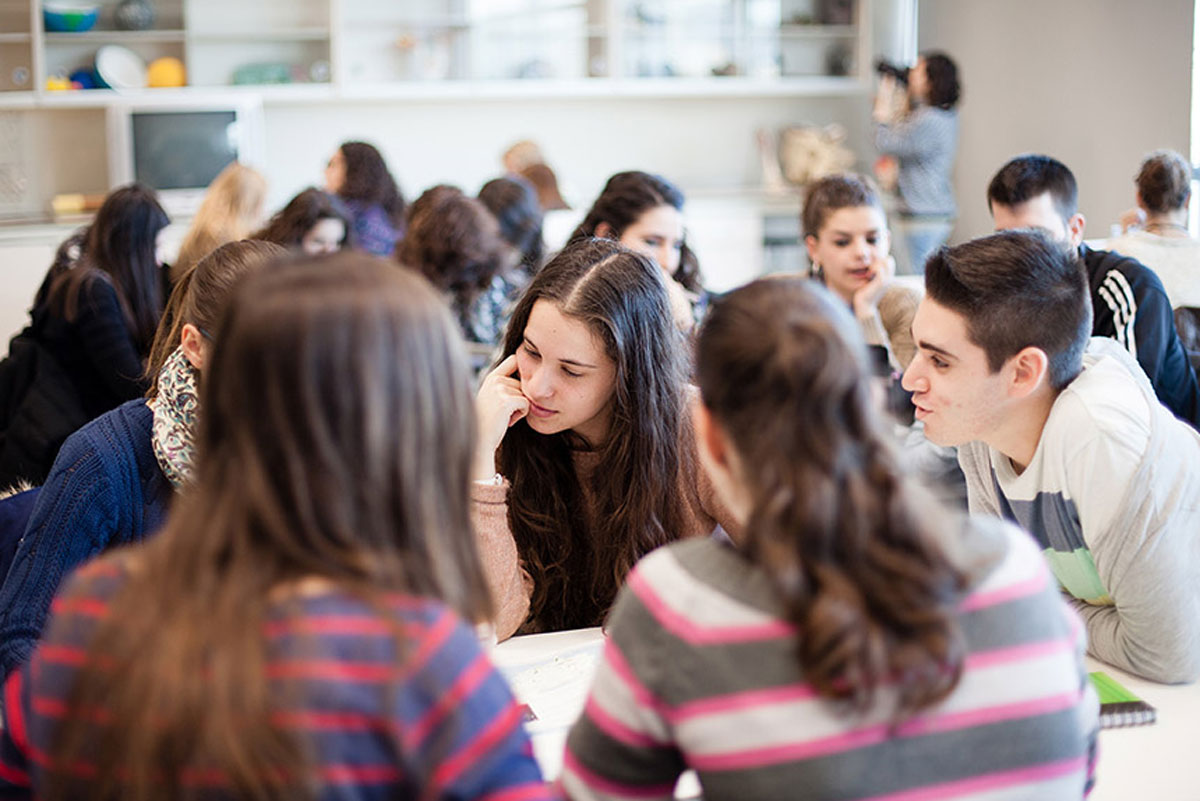The Universitat de València to investigate food fraud in carob derivatives
- Botanical Garden
- July 15th, 2022

The Universitat de València has signed an agreement with the company G.A. Torres for the research of stabilising gums in the field of food adulteration, as well as for the development of detection methods. This study will be carried out in the laboratory of Molecular Biology of the Botanical Garden of the Universitat de València under the direction of the professor Josep A. Rosselló, who has extensive experience in the field of biological expertise and forensic botany.
Carob is a trendy fruit from which many by-products such as syrups, liqueurs, beers or flours are extracted, but the use of locust bean is by far the most widespread and valued in the food industry. In fact, it can be said that every day we ingest locust bean gum, the flour resulting from the crushing of locust bean seeds, also called natural stabiliser E-410.
Among the other food stabilisers, locust bean gum is the most popular, has the best properties and is the most versatile, which is reflected in its cost, which is higher than that of other gums. As for these gums, which are also used in food, although their components are chemically related to those of locust bean gum and are difficult to differentiate, they do not have the same properties in terms of food use and may affect the final properties of the product.
Food fraud is a very topical issue, affecting a large number of foods, especially those that are highly valued in the market, and news related to food adulteration appears regularly. A study earlier this year by the European Commission on the authenticity of spices has warned that almost 50% of the oregano sold in Europe is adulterated, and adulteration has even been detected in cumin, turmeric and saffron. Recently, a warning about olive oil fraud has also hit the press.
In this public-private collaboration project, Dr. Josep A. Rosselló’s team will work together with the staff of G.A. Torres previously unknown adulterant species of locust bean gum and to develop new methods for their detection.
G.A. Torres has been working for more than 50 years with carob and its derivatives and has different production sites in Valencia. They started working with locust bean gum for animals in the 90s and today they are one of the most important companies in the manufacture of this food stabiliser for human consumption.
File in: Jardí Botànic
















